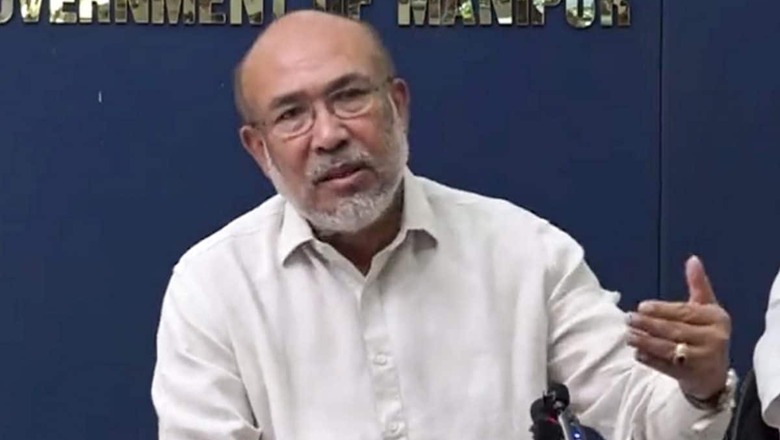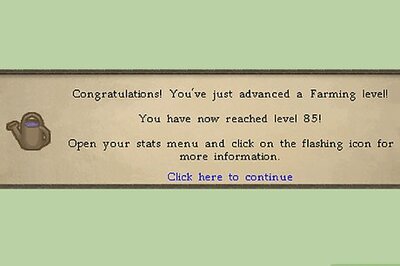
views
In a move towards the identification of illegal immigrants, Manipur Chief Minister N Biren Singh said that those who entered and settled in the state after 1961 would be identified and deported. However, following the Chief Minister’s announcement, several experts on Tuesday raised doubts over the viability of the step.
According to news agency PTI, experts suggested that the identification of illegal immigrants was a “welcome step” but their deportation would be difficult unless the foreign countries concerned recognise them as their bonafide citizens.
The government’s decision came in view of the ethnic violence that hit the northeastern state since May last year. The government has accused a section of immigrants from the neighbouring Myanmar of instigating the violence.
Speaking at the launch of a skill development programme on Monday, Singh described the current state of affairs in the region as a struggle for existence and cultural identity. He further stressed on the urgency of resolving the state’s crisis.
“Those who entered and settled in the state after 1961, irrespective of castes and communities, would be identified and deported,” Singh said during the launch of ‘Project Buniyaad’.
The Chief Minister’s assertion comes after the Manipur Cabinet had, in June 2022, approved a proposal to adopt 1961 as the base year for determining the “native status” of residents of the state for effective implementation of the inner line permit.
Meanwhile, raising concerns over the state government’s decision, Naga leader and Forum for Restoration of Peace convenor Ashang Kashar said deportation cannot be done by the Manipur government alone. “Identification of immigrants is crucial. Those who would be identified as illegal immigrants should not have the rights enjoyed by the original inhabitants. For instance, they should not have voting rights,” he added.
Notably, Manipur has been witnessing recurring bouts of violence since ethnic clashes first erupted in May last year. More than 180 people have been killed since then.
Meiteis account for about 53 per cent of Manipur’s population and live mostly in the Imphal valley, while tribals, which include Nagas and Kukis, constitute 40 per cent and reside mainly in the hill districts.
The clashes have occurred over a number of grievances that both sides have against the other, however, the flashpoint of the crisis has been a move to give Meiteis Scheduled Tribe status, which has since been rolled back and an attempt to turf out tribals living in protected forest areas.
(With agency inputs)




















Comments
0 comment